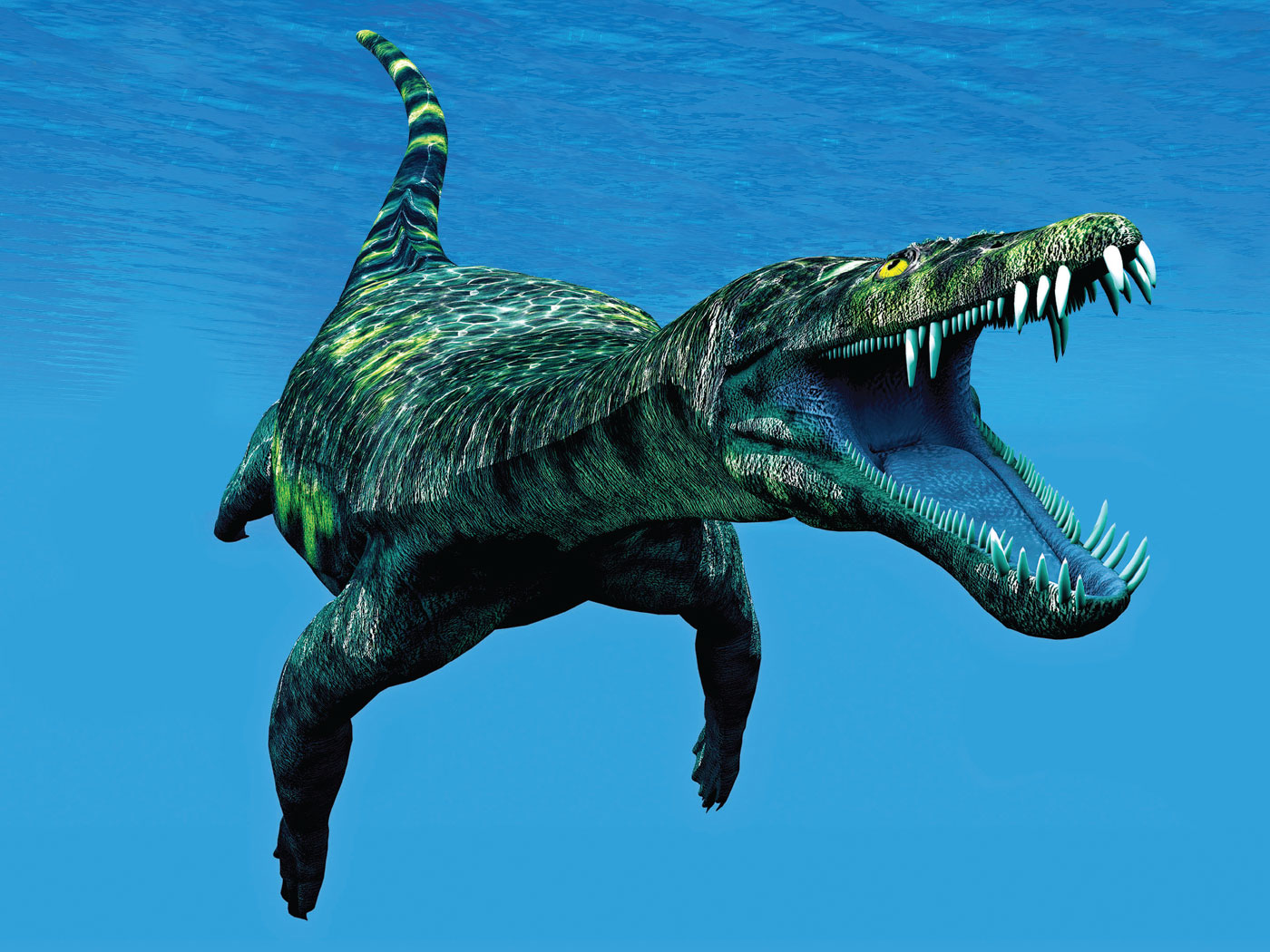It is fascinating how quickly human babies learn about the world around them. But how soon can they distinguish "good" from "bad"? Some Yale psychologists wanted to find out, and their research results fly in the face of Freud and other evolutionary humanists.
Yale professor Paul Bloom and his team tested infants and toddlers by using puppets to portray "naughty" and "nice" actions. They found that from the age of six months, babies differentiated good from bad by overwhelmingly choosing to hold the nice puppet over the mean one.1 Where did this sensibility come from, and why is it so evident at such a young age?
Bloom summarized his research for The New York Times, saying it was clear that what is now known of baby morality is exactly the opposite of what was taught by the great 20th-century psychologists Sigmund Freud, Jean Piaget, and Lawrence Kohlberg.2 These evolutionary humanists asserted that babies are "amoral animals" upon which society stamps its own particular moral guidelines. But this came from their belief that humans are merely "naked apes" obsessed with God, or that in early life humans reflect their primate origins, not from observations or careful study.
Instead, humans are evidently born with an innate moral sense that is not dependent on external affirmation. For example, "even a 4-year-old knows not only that unprovoked hitting is wrong but also that it would continue to be wrong even if a teacher said that it was O.K."2
Given secular psychology's overall premise that "biological evolution and cultural experience conspire to shape human nature," how does Bloom accommodate the odd fact that babies possess a "prewired understanding" of a cross-culturally consistent list of universal wrongs? He wrote, "These universals make evolutionary sense," because it is supposedly beneficial to be "kind to our kin, whose survival and well-being promote the spread of our genes."2 Of course, for the rest of the animal kingdom, which has no sense of morality, it is presumably most beneficial for them to be unkind, with the occasional altruistic situation among plants as an added conundrum.3
Universal morals actually make no evolutionary sense. For one thing, morals are not physical. They are not composed of DNA, nor are they body parts or features of body parts. They are therefore not selectable by nature. However, this research adds to prior data showing unequivocally that humans are wired for morality, a fact that evolution cannot explain.4
Also, people possess not only the knowledge of right and wrong, but also the ability to choose right or wrong. Bloom admitted that volition seems to be tied to morality, but he stopped short of drawing a fuller implication. Without both a moral code and an ability to adhere to it--along with other capacities like logic--there would be no such thing as a recognized moral behavior.
Moreover, these immaterial aspects work in concert with each other, along with specialized capacities to learn. How much more do humans fit the image of a powerful (volitional), good (moral), and wise (cognitive) God,5 rather than representing the product of some imaginary selective environments?
All of these immaterial aspects must be in place at once. And it is now clear that they do not arrive later in life through some kind of external training or influence, but are wired in from the beginning. Infant morality was even referenced in the book of beginnings, in which the Lord told Noah's family after the Ark landed: "I will not again curse the ground any more for man's sake; for the imagination of man's heart is evil from his youth."6
When it comes to a comprehensive explanation for the origins of unique human behavior and ability, the best source is the Word of the One who created that humanity.
References
- Frank, D. Can Babies Tell Right From Wrong? The New York Times online video. Posted on nytimes.com, accessed May 24, 2010.
- Bloom, P. The Moral Life of Babies. The New York Times. Posted on nytimes.com May 3, 2010, accessed May 21, 2010.
- Demick, D. 2000. The Unselfish Green Gene. Acts & Facts. 29 (7).
- Thomas, B. Did Religion 'Emerge' Through Evolution? ICR News. Posted on icr.org March 5, 2010, accessed May 21, 2010.
- Romans 2:14-15.
- Genesis 8:21.
* Mr. Thomas is Science Writer at the Institute for Creation Research.
Article posted on May 26, 2010.

















